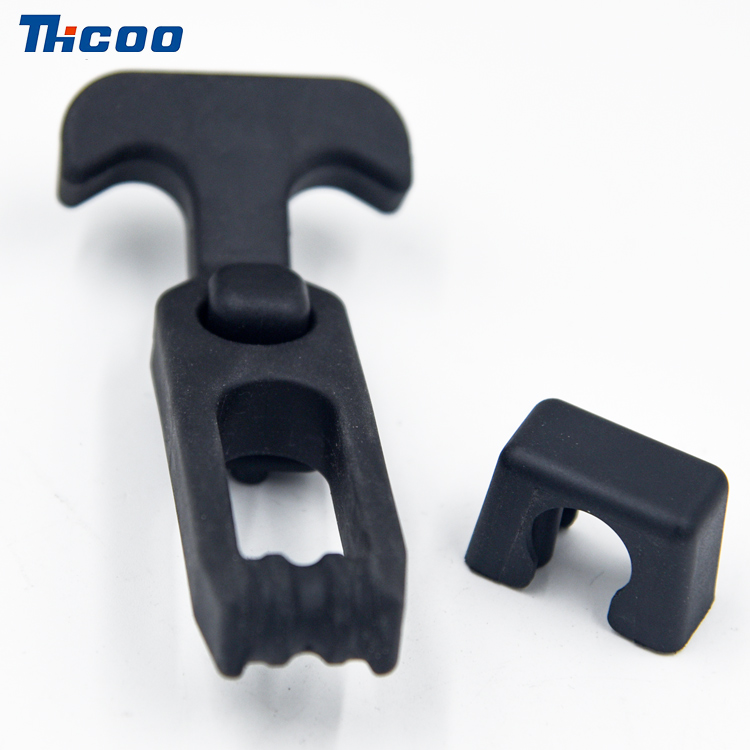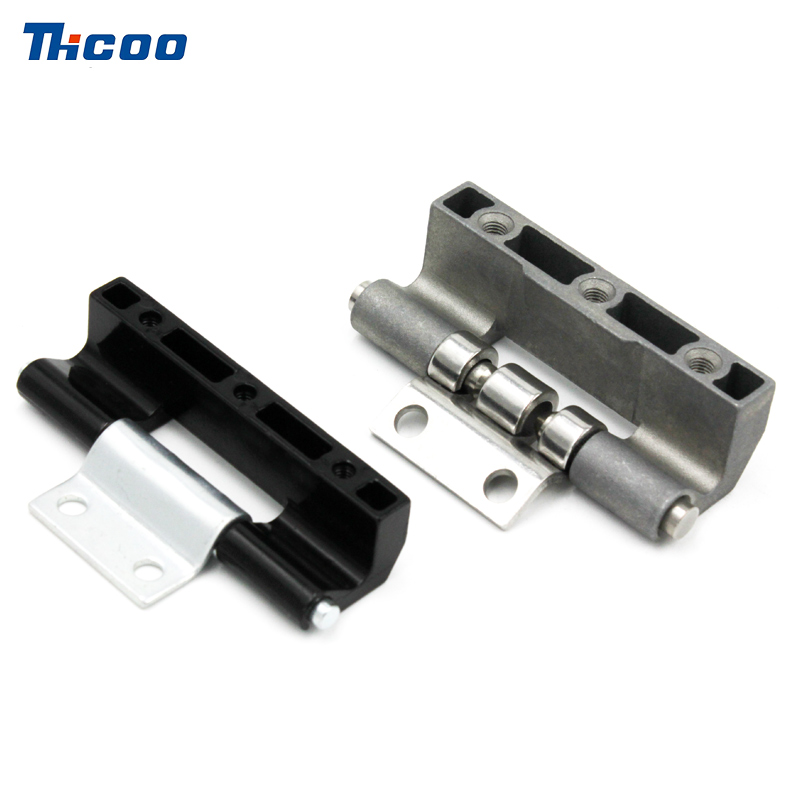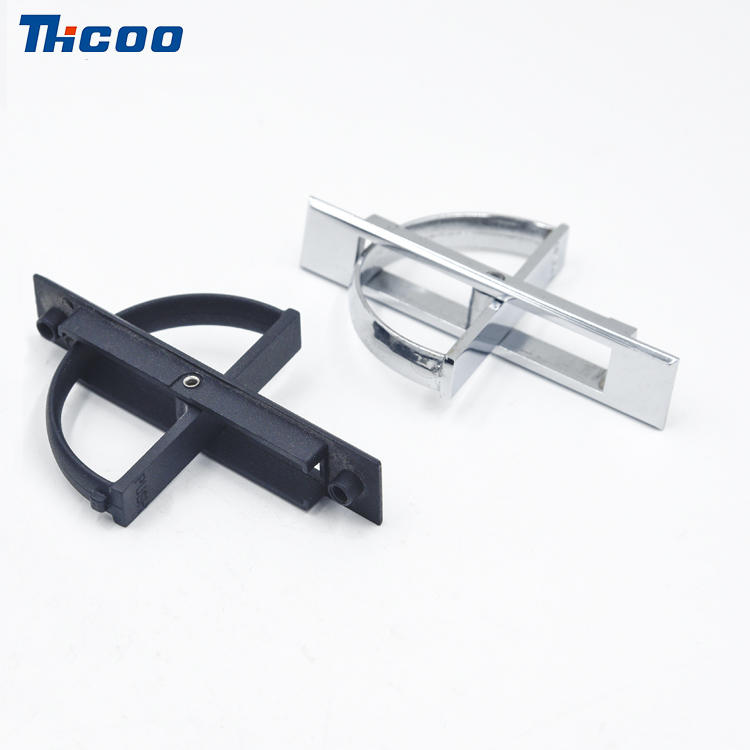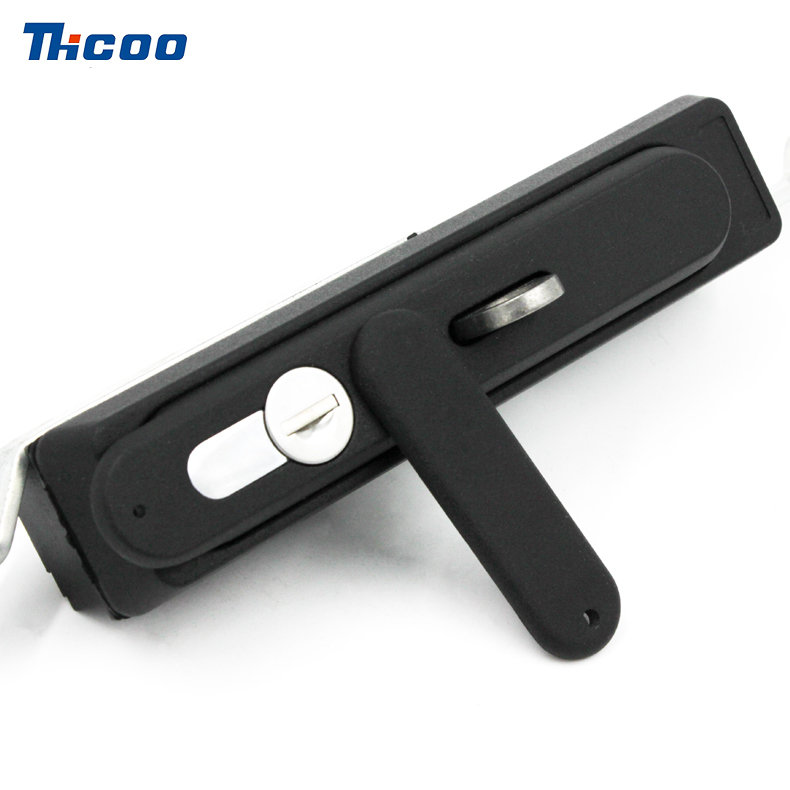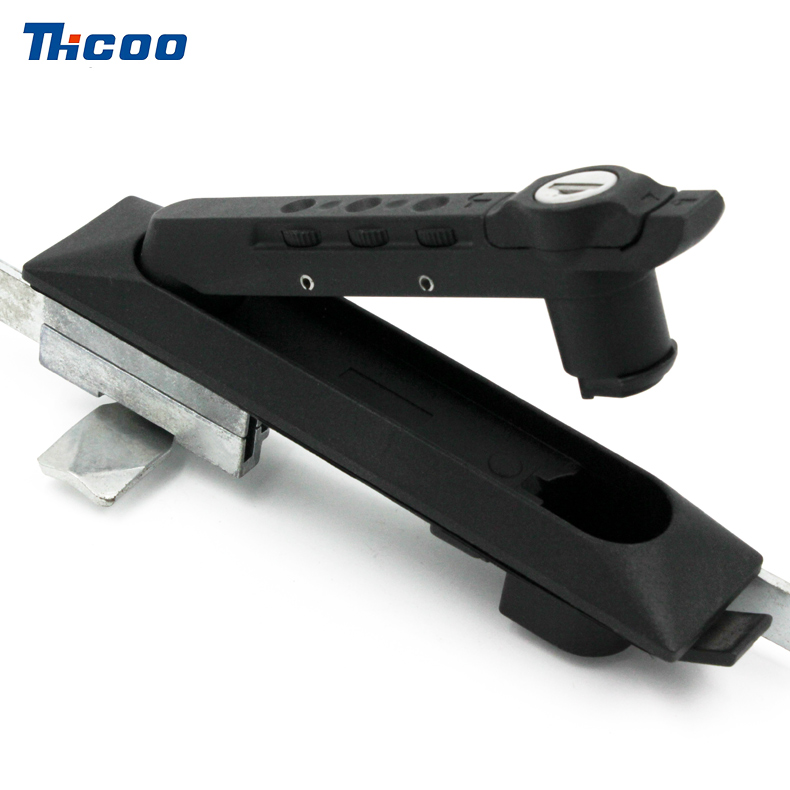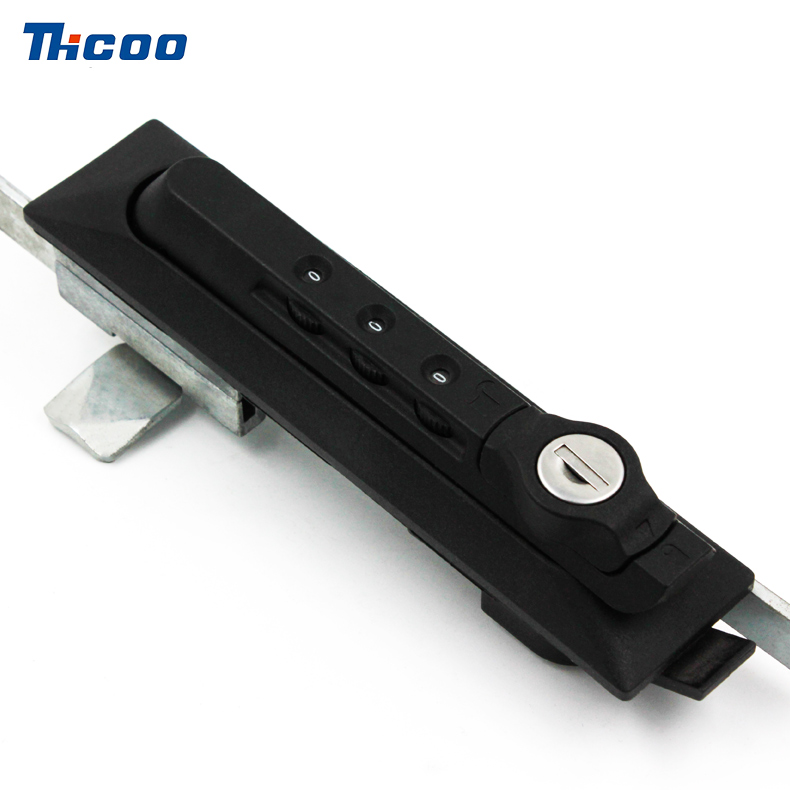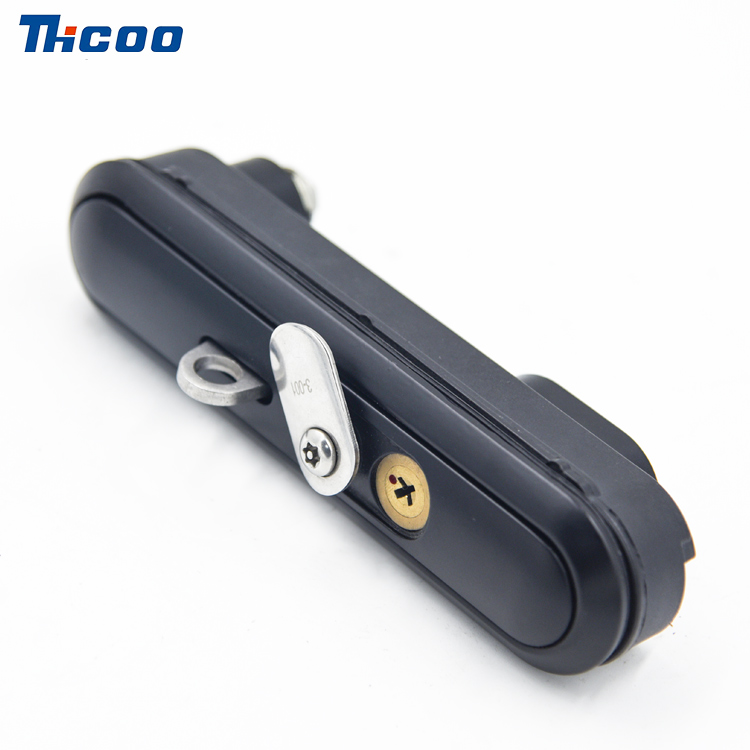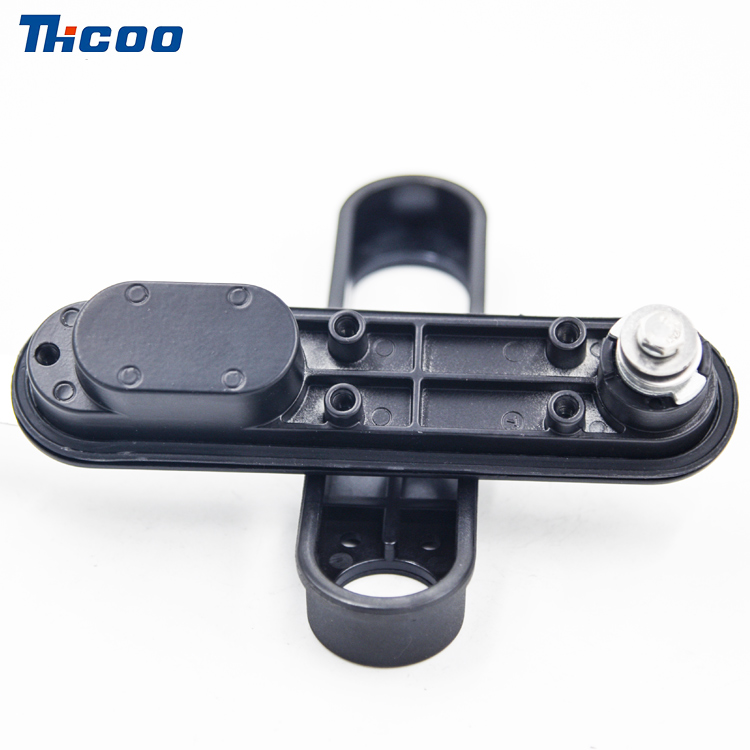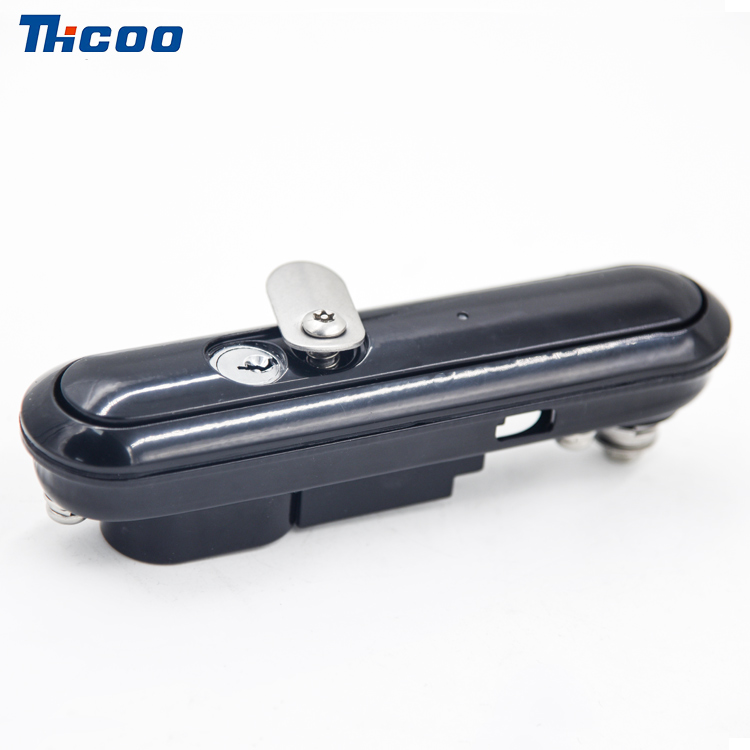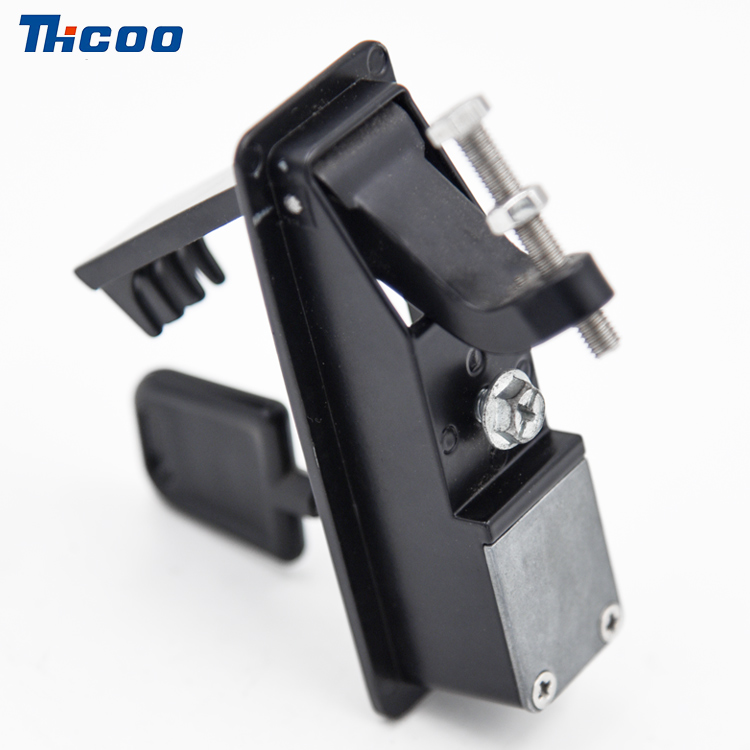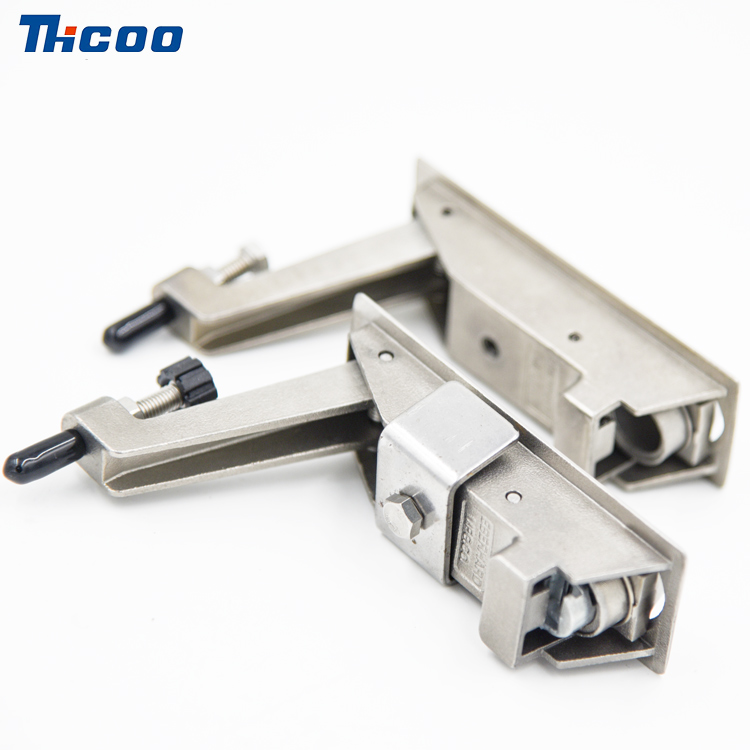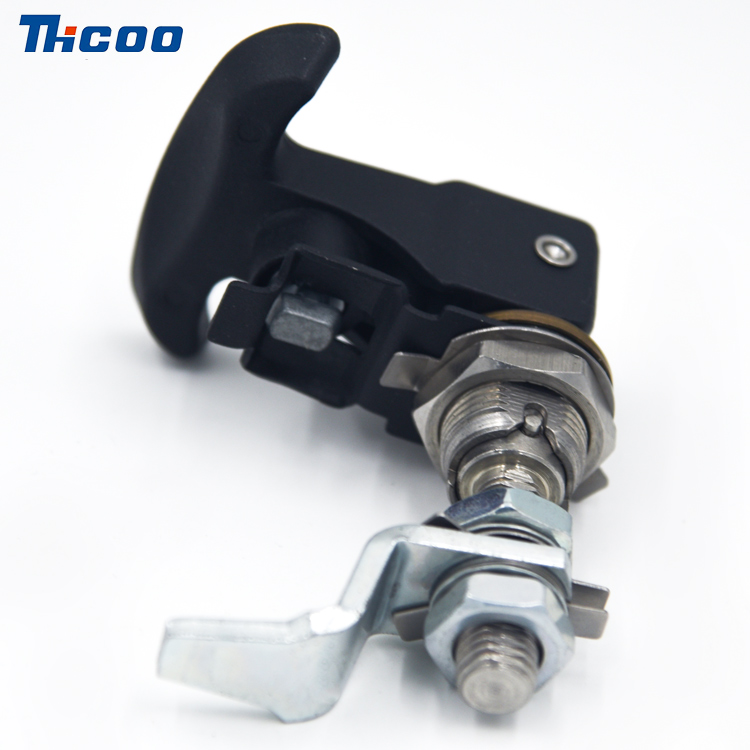When lubricating door hinges, it is indeed necessary to choose the appropriate lubricant based on the material of the door hinge. The adaptability and protection requirements of hinges made of different materials for lubricants vary. Choosing the appropriate lubricant can ensure lubrication effectiveness and extend the lifespan of hinges. The specific points are introduced as follows:
1. Steel door hinges
Recommended lubricants: Mineral oil lubricant, white grease, WD-40 and other multifunctional rust proof lubricants.
Reason: Steel hinges are prone to rusting and require lubricants with good rust prevention properties while reducing friction and wear.
2. Stainless steel door hinges
Recommended lubricants: silicone oil lubricant, dry lubricant (such as graphite powder or molybdenum disulfide lubricant).
Reason: Stainless steel itself has strong anti rust properties, but when lubricating, it is necessary to avoid the accumulation of grease and the adsorption of dust. Dry lubricants are more suitable for maintaining cleanliness and lubrication.
3. Copper or copper alloy door hinge
Recommended lubricants: light mineral oil, silicon-based lubricants.
Reason: The surface of the copper hinge is relatively soft, and the lubricant should avoid corroding the copper material while preventing oxidation and discoloration of the hinge.
4. Aluminum door hinges
Recommended lubricants: silicone oil lubricant or specialized aluminum alloy lubricant.
Reason: Aluminum material is prone to react with certain chemicals, and choosing a mild and non corrosive lubricant can protect the surface of the hinge.
5. Plastic or plastic lined door hinges
Recommended lubricants: silicone oil lubricant or specialized plastic lubricant.
Reason: Plastic materials are sensitive to certain mineral oils and solvents, which may cause plastic aging or deformation. Silicone oil lubricants are safer.
6. Comprehensive recommendations
Avoid using lubricants that are too oily or contain corrosive components to avoid damaging the hinge material or adsorbing dust, which may cause blockage.
Test in an inconspicuous location first to ensure that the lubricant does not cause discoloration, corrosion, or other negative reactions.
7. Lubrication frequency and environment
In humid environments: choose lubricants with good anti rust effects, such as anti rust grease.
In a dry environment: dry lubricants can be chosen to avoid oil and dust accumulation.

 English
English Deutsch
Deutsch 简体中文
简体中文 languages
languages 

